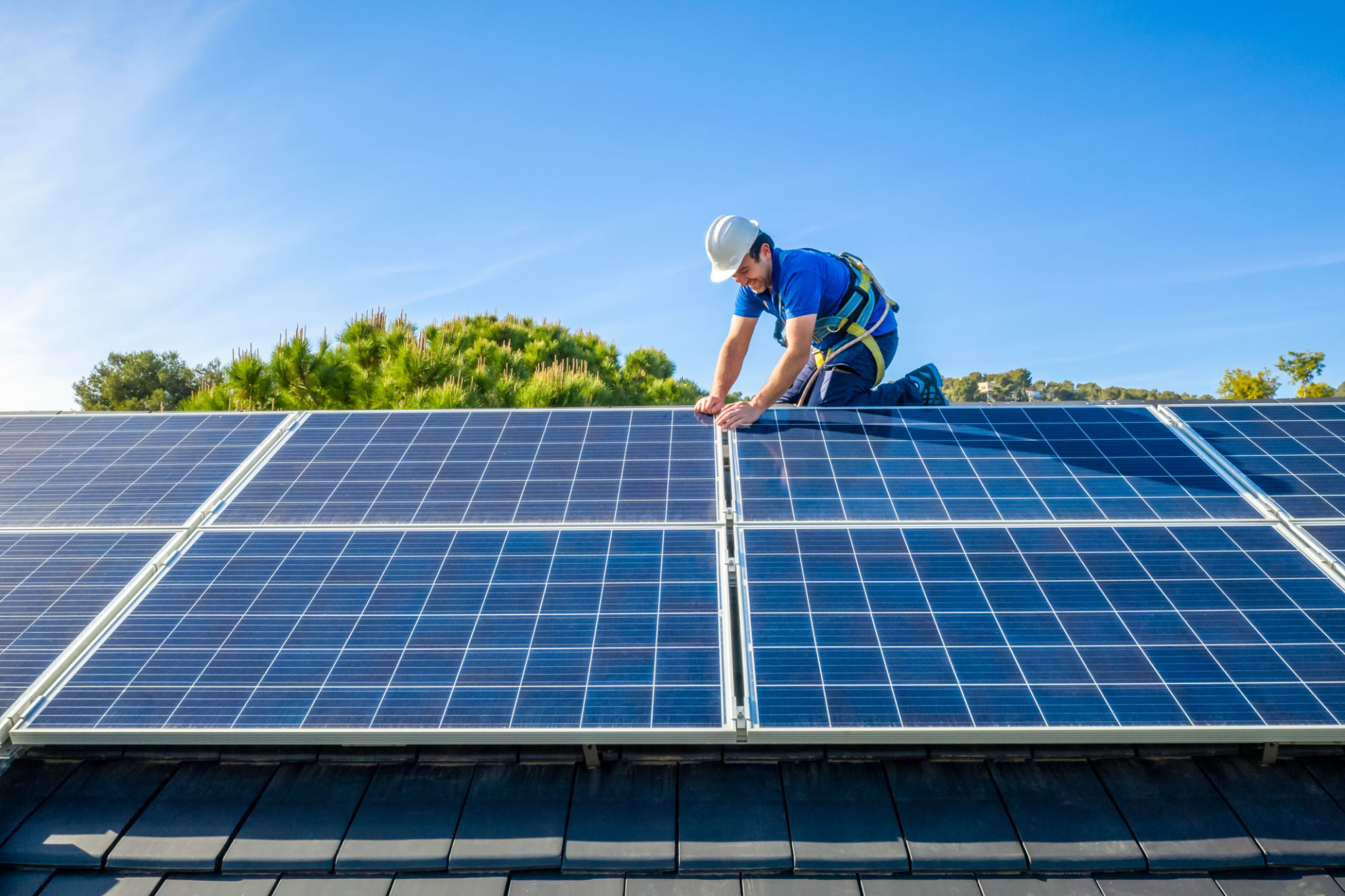Debunking Common Myths About Solar Energy
Understanding Solar Energy Myths
Solar energy has gained popularity as a sustainable and renewable energy source. However, despite its growing adoption, several myths and misconceptions persist. These myths can deter individuals and businesses from considering solar power as a viable option for their energy needs. In this article, we aim to debunk some of the most common myths about solar energy.

Myth 1: Solar Panels Are Too Expensive
A common misconception is that installing solar panels is prohibitively expensive. While it's true that initial costs can be significant, the price of solar technology has decreased substantially over the years. Additionally, there are numerous financial incentives available, such as tax credits and rebates, which can offset the installation costs. Moreover, the long-term savings on electricity bills often make solar energy a cost-effective investment.
It's important to consider the return on investment (ROI) when evaluating the cost of solar panels. Many homeowners find that their solar systems pay for themselves within a few years, after which they enjoy reduced or even eliminated electricity bills.
Myth 2: Solar Energy Is Inefficient in Cloudy or Cold Climates
Another widespread belief is that solar panels are ineffective in regions that experience frequent cloud cover or cold weather. In reality, solar panels can still generate electricity on cloudy days. While their efficiency might be reduced compared to sunny days, they are designed to capture diffuse sunlight. Furthermore, colder temperatures can actually improve the efficiency of solar panels.

Countries with cooler climates, such as Germany and Canada, are among the leaders in solar energy adoption. This demonstrates that solar energy can be harnessed effectively even in less-than-ideal weather conditions.
Myth 3: Solar Panels Require Constant Maintenance
Many people assume that solar panels demand extensive maintenance to function properly. In reality, solar panels are designed to be low-maintenance and durable. They generally require minimal upkeep beyond occasional cleaning to remove dirt or debris that might reduce their efficiency.
Most solar panels come with warranties ranging from 20 to 25 years, ensuring their longevity and efficiency over time. Routine inspections by professionals can help identify any potential issues, but these are typically infrequent and low-cost.

Myth 4: Solar Energy Isn't Environmentally Friendly
Some skeptics argue that the production and disposal of solar panels negate their environmental benefits. While it's true that manufacturing solar panels involves energy consumption and resource use, their long-term environmental impact is significantly lower than fossil fuels. Over their lifetime, solar panels produce more clean energy than the energy used in their production.
Moreover, advancements in recycling technology are improving the sustainability of solar panel disposal, further enhancing their environmental credentials.
The Future of Solar Energy
As technology continues to advance, the efficiency and affordability of solar energy are expected to improve even further. Understanding the reality behind these common myths can help more individuals and businesses make informed decisions about transitioning to renewable energy sources.
By debunking these myths, we hope to encourage a broader adoption of solar energy, contributing to a cleaner and more sustainable future for all.